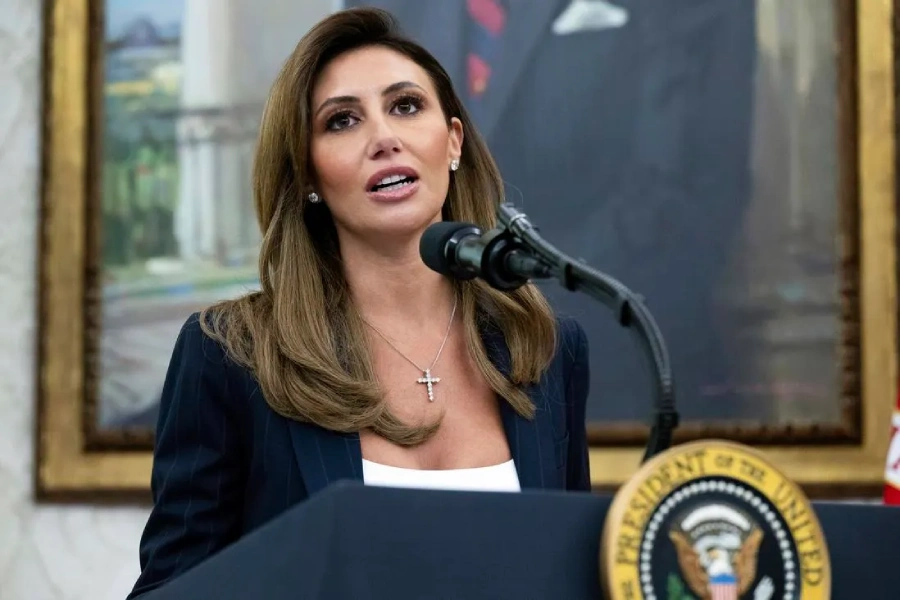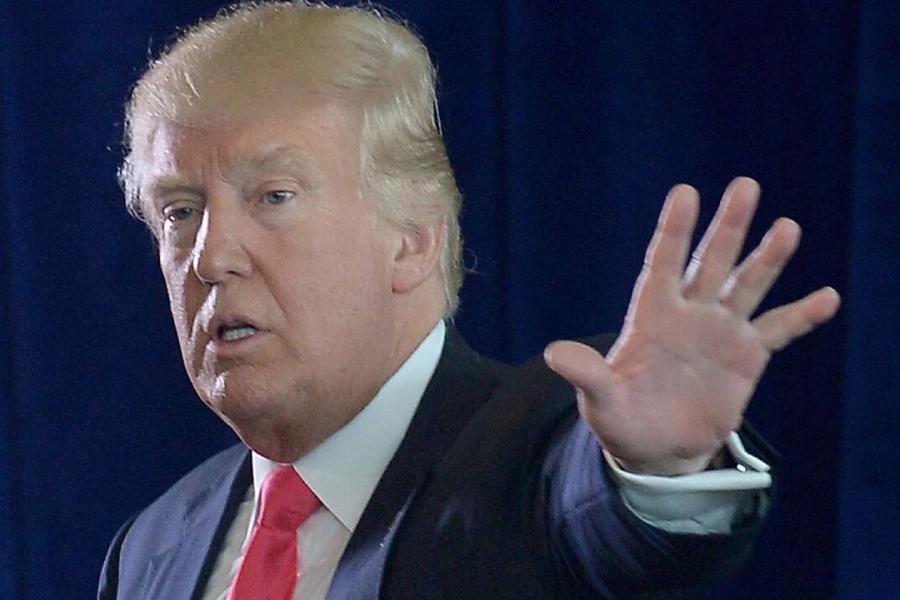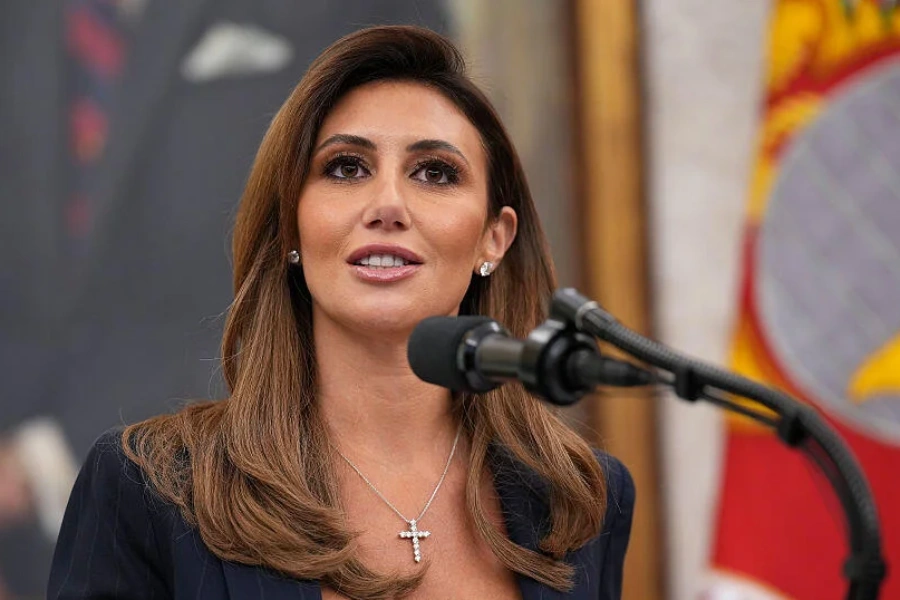Desiree Leigh Grace is now at the center of a legal and political storm that’s making national headlines. After being appointed U.S. Attorney for New Jersey by a panel of federal judges, she was abruptly fired within hours by the Department of Justice—sparking questions about judicial independence, executive authority, and ICE enforcement in the Trump-era DOJ.

Who Is Desiree Leigh Grace?
Desiree Leigh Grace is a veteran federal prosecutor with nearly a decade of experience in the U.S. Attorney’s Office for the District of New Jersey. Known for her nonpartisan approach to justice, Grace had served as First Assistant under interim U.S. Attorney Alina Habba, who previously worked as personal legal counsel to Donald Trump.
When Habba’s 120-day interim term expired, federal judges exercised their rarely used authority to appoint Grace as her replacement. But the DOJ had other plans.
Why Did the DOJ Fire Desiree Leigh Grace?
Just hours after her appointment, U.S. Attorney General Pam Bondi and Deputy AG Todd Blanche fired Grace, calling her appointment an overreach by “rogue judges.” The DOJ framed the move as necessary to protect the President’s Article II powers, claiming the court’s decision undermined executive authority.
This power struggle has become a flashpoint in an increasingly politicized Department of Justice, with Desiree Leigh Grace caught in the crossfire.
How Is This Connected to ICE and Alina Habba?
Desiree Leigh Grace’s removal came amid controversy surrounding Alina Habba’s prior actions involving ICE operations in New Jersey. Habba was heavily criticized after ordering the arrest of Newark Mayor Ras Baraka at an immigration detention facility. Though the charges were dismissed, the move sparked backlash and led to a defamation suit against Habba.
Grace was seen as a qualified, less polarizing alternative—someone who could restore neutrality and integrity to the office. But her swift dismissal has raised new alarms.

Political Fallout and Trump’s Influence
Despite widespread criticism, Donald Trump doubled down on support for Habba, nominating her for a full four-year term. However, her confirmation is highly uncertain due to resistance from New Jersey’s Democratic senators, including Cory Booker and Andy Kim, who praised Grace and slammed the DOJ’s actions as “partisan and dangerous.”
What This Means for the DOJ and Rule of Law
The firing of Desiree Leigh Grace is more than just a staffing shake-up—it highlights a growing battle over the politicization of law enforcement, especially when it comes to immigration and ICE policy. It also raises questions about whether federal prosecutors can operate independently in an administration that increasingly demands loyalty.
This saga underscores the fragile line between justice and politics in America today.
Conclusion
The case of Desiree Leigh Grace underscores the growing conflict between judicial authority and executive overreach in the American legal system. Her sudden dismissal after a lawful appointment by federal judges raises serious questions about the politicization of justice and the role of federal prosecutors in a highly polarized environment. As legal and political observers await the next developments, this controversy serves as a stark reminder of the fragile balance between independence, integrity, and power in the U.S. Department of Justice.v
FAQ
Q1: Who is Desiree Leigh Grace?
A1: She is a veteran federal prosecutor appointed by judges to replace Alina Habba as U.S. Attorney for New Jersey before being quickly fired by the DOJ.
Q2: Why was Desiree Leigh Grace fired?
A2: The DOJ claimed her appointment violated presidential authority under Article II, calling the judges who appointed her “politically motivated.”
Q3: What is Alina Habba’s role in all of this?
A3: Habba was an interim U.S. Attorney and former Trump attorney. Her controversial actions around ICE and local officials led to her replacement—but Trump continues to support her.
Q4: How does this affect ICE enforcement in New Jersey?
A4: The controversy exposes how ICE policies are being politicized, with Habba using immigration enforcement to escalate tensions with local Democratic leaders.
Q5: Will Desiree Leigh Grace return to the DOJ?
A5: It’s uncertain. Legal experts say this may set up a constitutional battle over DOJ appointments and judicial power.

